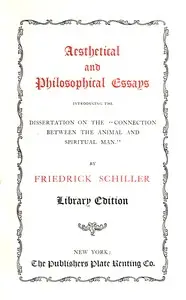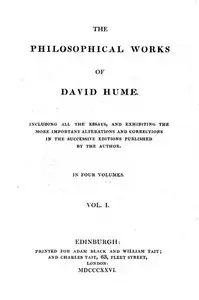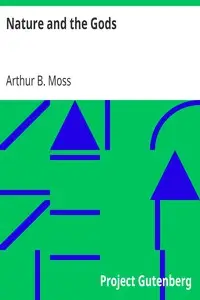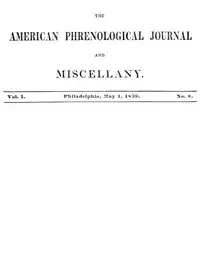"An Essay on the Beautiful, from the Greek of Plotinus" by Plotinus is a philosophical work exploring beauty's essence and its relationship with divinity and the human spirit. The book investigates beauty through metaphysical ideas rooted in Platonic thought, revealing its presence in the physical world and intellectual spheres. It presents beauty existing in layers, from what we see to a higher form of beauty understood by the mind. Plotinus contends that real beauty is tied to the divine origin of goodness, allowing the soul, through purity, to move toward ultimate beauty. The writing compares surface-level views of beauty with insightful philosophical ideas and highlights the need for deep thought and cleansing to truly see beauty. Pursuing beauty should guide a person to the divine, instead of seeking material things, showing Plotinus’s idea that beauty leads to understanding eternal truths.

An Essay on the Beautiful, from the Greek of Plotinus
By Plotinus
Discover a journey where the pursuit of beauty guides the soul towards profound understanding of existence and a connection with the divine essence.
Summary
About the AuthorPlotinus was a Greek Platonist philosopher, born and raised in Roman Egypt. Plotinus is regarded by modern scholarship as the founder of Neoplatonism. His teacher was the self-taught philosopher Ammonius Saccas, who belonged to the Platonic tradition. Historians of the 19th century invented the term "neoplatonism" and applied it to refer to Plotinus and his philosophy, which was vastly influential during late antiquity, the Middle Ages, and the Renaissance. Much of the biographical information about Plotinus comes from Porphyry's preface to his edition of Plotinus' most notable literary work, The Enneads. In his metaphysical writings, Plotinus described three fundamental principles: the One, the Intellect, and the Soul. His works have inspired centuries of pagan, Jewish, Christian, Gnostic, and early Islamic metaphysicians and mystics, including developing precepts that influence mainstream theological concepts within religions, such as his work on duality of the One in two metaphysical states.
Plotinus was a Greek Platonist philosopher, born and raised in Roman Egypt. Plotinus is regarded by modern scholarship as the founder of Neoplatonism. His teacher was the self-taught philosopher Ammonius Saccas, who belonged to the Platonic tradition. Historians of the 19th century invented the term "neoplatonism" and applied it to refer to Plotinus and his philosophy, which was vastly influential during late antiquity, the Middle Ages, and the Renaissance. Much of the biographical information about Plotinus comes from Porphyry's preface to his edition of Plotinus' most notable literary work, The Enneads. In his metaphysical writings, Plotinus described three fundamental principles: the One, the Intellect, and the Soul. His works have inspired centuries of pagan, Jewish, Christian, Gnostic, and early Islamic metaphysicians and mystics, including developing precepts that influence mainstream theological concepts within religions, such as his work on duality of the One in two metaphysical states.

















